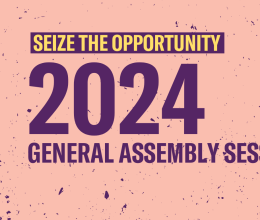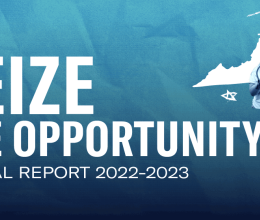
Judge says meeting violated FOIA, but does not order agency to reveal minutes.
Charlottesville, VA — The City of Charlottesville Circuit Court has ruled that the Region Ten Community Services Board violated the Virginia open meetings law when it held a closed door session meeting last summer to discuss a controversial proposed residential facility for people with disabilities.
Representing the Little High Neighborhood Association, the ACLU claimed that the meeting was improperly closed and that the minutes of the meeting should therefore be made available to the public.
Under the Virginia Freedom of Information Act, when a public body wishes to exclude the public from a meeting, it must take a formal vote in open session in which the subject of the meeting is identified and it must determine that that meeting meets the legal criteria for being closed. The most common permissible closed meetings are for the purpose of discussing litigation or personnel matters.
In his ruling, the judge held that the Community Services Board violated the FOIA because it stated only that the closed session was for the purpose of addressing “personnel and legal issues.” However, the judge did not did not order that the minutes of the meeting be made public.
“Democracy and freedom are built on transparency,” said ACLU of Virginia executive director Kent Willis. “A closed government allows corruption to emerge from the shadows and still be unseen.”
“From time to time, public officials need to be reminded that they cannot go behind closed doors every time they have to address a controversial subject,” added Willis. “We’re disappointed that the judge did not order the minutes to be made public, but the Region Ten Community Services Board has probably learned its lesson. If they do this again, the violation will be considered willful and that could subject them to heavy fines.”
In addition to the public record showing what the Community Services Board failed to follow proper procedures for closing a meeting, lawyers for the ACLU offered evidence that the subject of the meeting did not qualify for closing under the law. An email from a meeting participant referred to discussions concerning “financing, the press coverage, and the neighborhood association.” None of these topics meet the criteria for closing a public meeting.
Contact: Kent Willis, 804/644-8022



